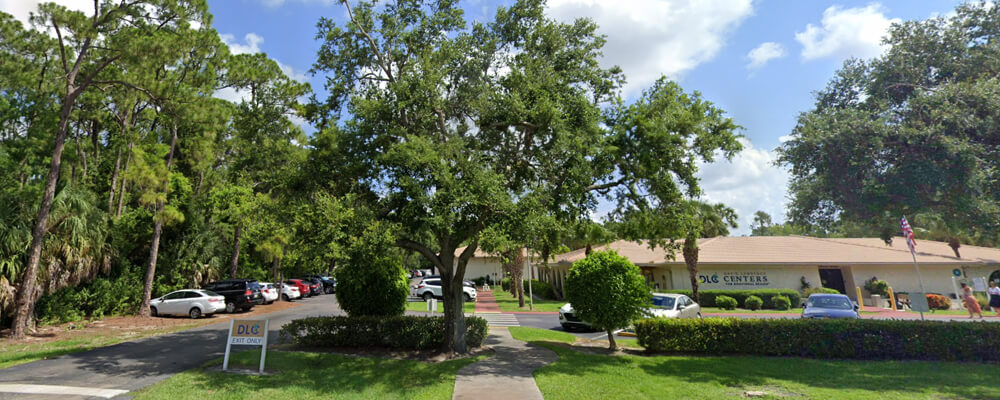Featured / Trending

Overcoming Challenges to EHR Implementation in Behavioral Health
The electronic health record (EHR) system is at the core of most behavioral health organizations, and it touches almost every aspect of your practice. The inherent complexity of challenges to EHR implementation requires a professional, thoughtful, and experienced implementation process.
Continue Reading
Introducing Qualifacts® iQ | Behavioral Health Artificial Intelligence (AI) Solution
Qualifacts, a leading provider of electronic health record (EHR) solutions for behavioral health and human services organizations, announces the launch of the Behavioral Health Artificial Intelligence solution Qualifacts® iQ,
Continue Reading
Driving Decade-long Success: Community Access Unlimited Thrives with Qualifacts’ CareLogic EHR Solution
Approaching a decade of partnership with Qualifacts and the CareLogic EHR, Community Access Unlimited (CAU) has overseen growth and change while managing increasingly complex documentation, billing, and compliance requirements for the members it serves through its programs in the residential properties it owns and manages.
Continue Reading







